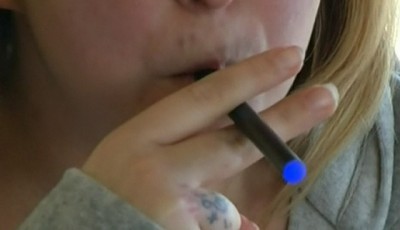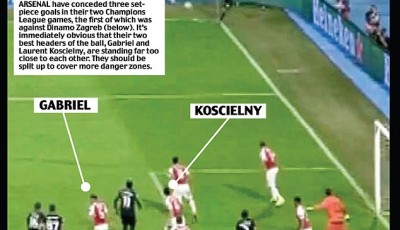Stomach is the way to a woman’s heart, too
Scientists found that women with full stomachs were more responsive to romantic cues than those feeling empty.
In that study, the researchers found that the brains of women with a history of dieting responded more dramatically to positive food cues when fed as compared to women who had never dieted or who were now dieting.
The study’s first author Alice Ely, PhD, says she and her associates discovered that young women had more intense brain activation in response to romantic pictures in reward associated neural regions after they had eaten than when they were hungry. The data from this study has suggested that eating may sensitize young women to rewards which go beyond food. But in those studies the kinds of stimuli investigated included food, money and drugs rather than romantic cues.
Ely and her colleagues at Drexel University in Philadelphia, PA, had previously conducted a pilot study – published in Obesity – among college-age women that examined how the brain is affected by food cues, and whether these responses differed between historical dieters and non-dieters.
She also said that historical dieters are more at risk of weight gain compared to others as dieting increased sensitivity to reward stimuli for food.
Magnetic Resonance Imaging (MRI) was used to scan the brains of the study participants. Whether they had been on a diet once in their life, or the fortunate ones who never needed a food restrictive program, it made quite the bit of difference.
Ely, who now is a member at the Eating Disorders Center for Treatment and Research, and fellow member of the University of California’s School of Medicine, said that the results were contradictory to previous research which stated that people reacted better emotionally to gratifying stimuli when hungry. When viewed with the help of food signals, research showed overlapping brain-based responses to sex, drugs as well as food. Highly palatable cues meant objects like chocolate cake, while “neutral cues” could mean carrots. It said women were more sensitive towards romantic pictures whey they are hungry.
Both groups responded more sharply after a feed, but the historical dieters’ neural activity was different from the others in the brain region that had turned up in the earlier experiments.
The findings are detailed in the journal Appetite.
Neuroscience research photo by shutterstock.












